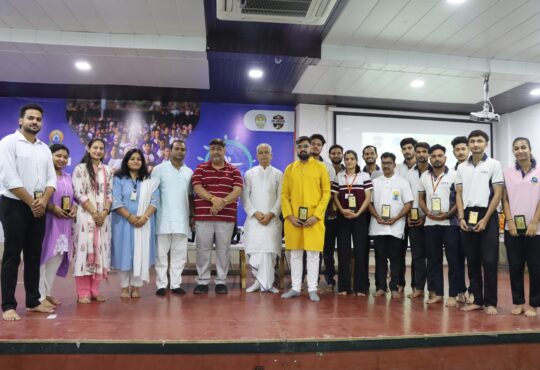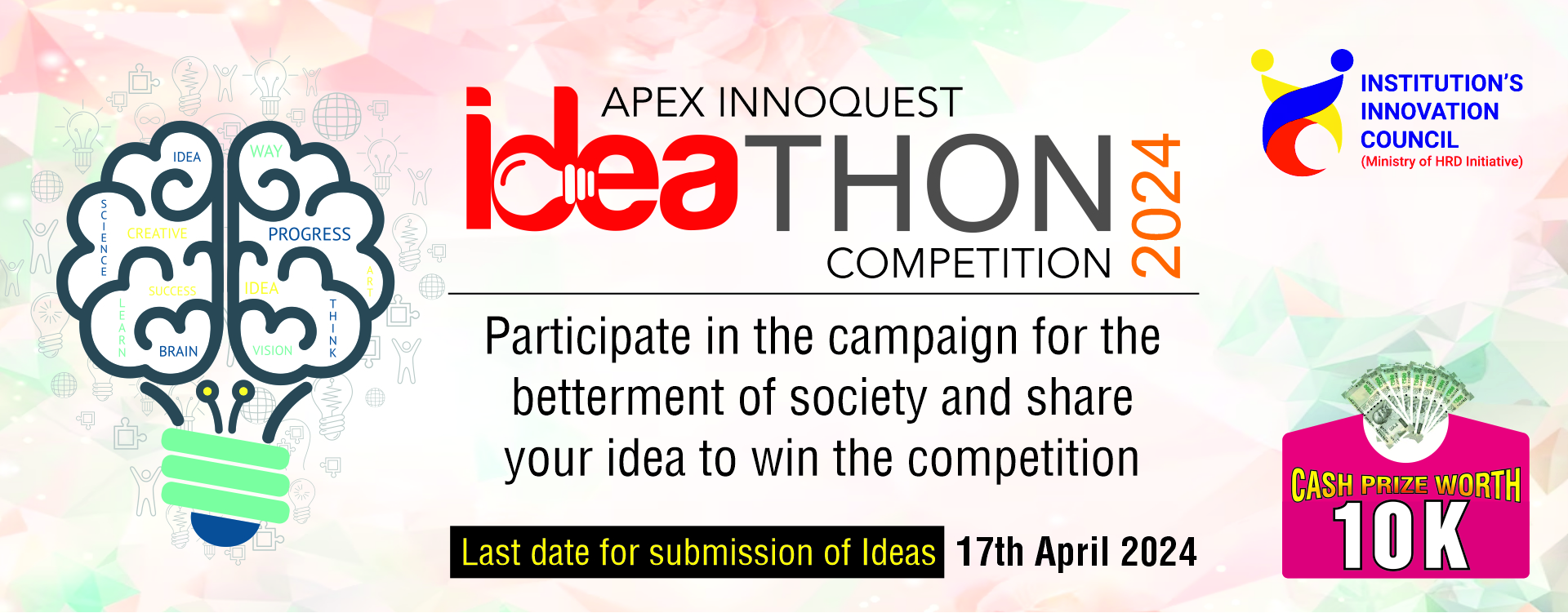Countless hours of research have gone into answering the present need of the hour and the most frequent question: Can we slow the aging process?
One of the best anti-aging techniques, could be something as simple as
meditation. In some respects, this is not surprising. After all, meditation practitioners in Eastern cultures have believed for centuries that meditation can help keep you younger.
One of the main reasons meditation slows the aging process is because it reduces stress. Again, most of us have probably seen this anecdotally in our own lives. You just have to think of someone you know who has gone through a significantly traumatic and stressful period of their lives.
Have you noticed how this makes them look older? There is more to
meditation and anti-aging than our own anecdotal observations though. In fact, there is enormous scientific research to back up the thinking.
But while some day-to-day stress is normal and healthy, if it motivates you, chronic, overwhelming stress can have a negative impact on your physical, mental, and emotional wellbeing. Knowing how to spot the signs and symptoms that you’re under too much stress can help you stay aware and address the issues before they harm your health.
Lifestyle disorders and psychosomatic disorders have become rampant in these times, our medical system needs to seriously look into changing our approach by including alternative system of medicine to tackle these issues. Meditation has effectively been done to reverse the health issues, this makes it all the more important for us to focus our study on seeing the scientific basis to the biochemical , physiological , emotional and psychological changes that are positively influenced by meditation.
Telomeres and Their Relationship with Stress
Telomeres are protein caps on the end of each chromosome in your body. During cell division, the chromosome replicates, a process that shortens the telomeres.
When telomeres become too short, the cell can no longer divide and replicate. This increases aging in the body and is associated with age-related diseases.
This discovery led to lots of research with scientists looking at ways to slow or prevent the shortening of telomeres. If you can do that, you can slow the aging process both inside and outside the body. There are lots of things you can do to prevent accelerated shortening of the telomeres, including living a healthy lifestyle. One of the other things that researchers looked at in relation to telomeres, however, was the impact of stress. Meditation could be one of the potential answers.
Physical Signs of Stress
You might be overly stressed without even knowing it. Maybe you have certain physical symptoms and blame it on an illness or other condition. But the truth is, stress itself can cause problems in your organs, tissues, and just about every system in your body. Depending on how you handle stress, you might have symptoms that affect everything from your hormones to your heart, and more.
Some of the physical signs that your stress levels are too high include:
Pain or tension in your head, chest, stomach, or muscles. Your muscles tend to tense up when you’re stressed, and over time this can cause headaches, migraines, or musculoskeletal problems.
Digestive problems. These can include diarrhea and constipation, or nausea and vomiting. Stress can affect how quickly food moves through your system and the way your intestines absorb nutrients.
Reproductive issues. Stress can cause changes to your sex drive, problems with irregular or painful periods in women, or impotence and problems with sperm production in men. Whether you’re a man or a woman, you might also feel reduced sexual desire when you’re under too much stress.
Changes to your heart rate and blood pressure. When you’re overwhelmed with stress, your body goes into “fight-or-flight” mode, which triggers your adrenal glands to release the hormones cortisol and adrenaline. These can make your heart beat faster and your blood pressure rise.
This usually happens when there’s a momentary stressor, and the effects pass once it’s over. For example, you might find your heart racing if you’re late for an important meeting, but then it calms down once you’re there. However, over time, too many episodes of this kind of acute stress can cause inflammation in your arteries, which could be a contributing factor to heart attacks.
Stress can also affect how you think and feel, making it tough to get through your normal responsibilities and make rational decisions. In some cases, this kind of stress can impact behavior in other ways, and some people turn to drugs, alcohol, tobacco, or other harmful substances to cope with their feelings.
Excessive stress may also affect your appetite, causing you to eat more or less than usual, and it may affect or eliminate your motivation to exercise and stay fit. Additionally, the feelings you get when you’re stressed may make you feel like withdrawing from friends and family and isolating yourself.
Some of the psychological and emotional signs that you’re stressed out include: · Depression or anxiety
· Anger, irritability, or restlessness
· Feeling overwhelmed, unmotivated, or unfocused · Trouble sleeping or sleeping too much
· Racing thoughts or constant worry
· Problems with your memory or concentration
· Making bad decisions
Our current
healthcare system is in crisis, as rates of doctor dissatisfaction are at an all-time high and patients suffer the consequences of a system that is primarily focused on saving costs. Too much money and resources are expended on low-quality, disease – oriented care.
The goal of meditation as a healing science, is to constitute a new standard of medical education, in order to help heal a broken health care system. A structure in which medical professionals learn to care for their patients more efficiently and effectively introducing meditation, while learning to speak a new language of health and wellness that is fueled by the latest science.
Study of Naturopathy and Yoga, allows the practitioners to become leaders of a newly emerging system of medicine which is personalized, preventive, and restorative. Timeless tradition of practicing meditation by sages is strongly rooted in a wellness-oriented approach to overall health care. It is observed that it transforms the person not only on physical level but beyond, and its focus is on the Mind.
As it’s well stated by Sage Patanjali:
“ Yogas Chitta Vritti Nirodha ” . Mind is the root of all complexities and with the help of meditation which is part of Ashtanga yoga, we can effectively gain control over the mind




